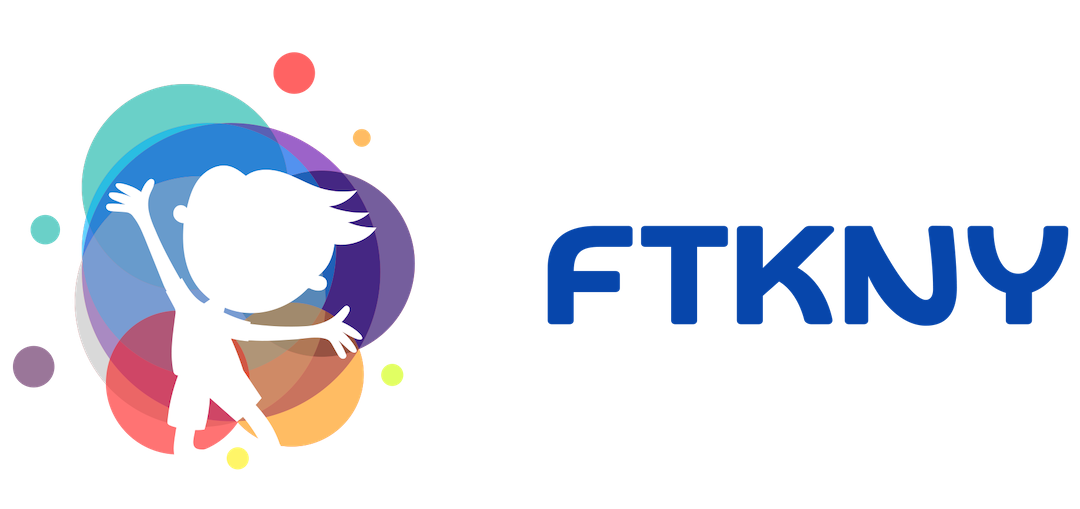[one_half] 
[/one_half]
[one_half_last]
For years, FasTracKids parents, teachers and directors have seen firsthand the impact of FasTracKids programs on children and their academic careers.
Research at Wellesely College shows that the size of children’s vocabulary and social skills is directly linked to how they perform in school. Independent testing by the National Institute on Out-of-School Time (NIOST) demonstrates that a significant number of three to six year old children enrolled in FasTracKids® improved their vocabulary and social skills at a rate 100% to 150% times faster than their peers not enrolled in the program. All children in the study improved. Children who were kindergarten-aged advanced as much as one grade level and some of those students improved up to two grade levels. [/one_half_last]
[divider_padding]
[blockquote cite=”Anita, mother of Shaan”]Shaan attended FasTracKids for a year and a half before entering kindergarten this year. At our first parent/teacher meeting, my husband and I were surprised and very pleased to hear that Shaan was not only doing well, but was already prepared to enter 1st grade.[/blockquote]
[divider_advanced thickness=”3″ width=”75%”]
We’ve seen how our children have demonstrated positive leadership behaviors within the classroom, at home and on the playground. This quantitative analysis is what we’ve known and practiced for over a decade.
To learn more about the independent research conducted on FasTracKids, please read the full report. The study results and parent testimonials can be found below.
[one_third] FasTracKids Study Results [/one_third] [one_third]
FasTracKids Study Results [/one_third] [one_third]  FasTracKids Parent Observations[/one_third] [one_third_last][button size=”large” align=”center” full=”true” link=”https://ftkny.com/schedule-free-trial/” color=”orange”]FREE TRIAL CLASS[/button] [/one_third_last]
FasTracKids Parent Observations[/one_third] [one_third_last][button size=”large” align=”center” full=”true” link=”https://ftkny.com/schedule-free-trial/” color=”orange”]FREE TRIAL CLASS[/button] [/one_third_last]
[divider_advanced thickness=”3″ width=”75%”]
Research has shown that the most important learning years are from 0-8, as the brain forms vital connections. When we are born, we have billions of brain cells. The minute we start receiving stimuli, such as the light our eyes see, the sounds we hear, and what we touch, the brain begins to form connections. It’s like we are building this massive highway system to the brain and it’s by this highway that the information we learn travels quickly. The stronger and wider we can make those connections between the ages of 0-8, the larger the platform for our capacity for learning.
Research shows that high-quality education positively affects overall educational outcomes.Children lacking language, reading and social skills when they reach kindergarten are highly unlikely to be prepared for their academic career, where reading to learn is critical and a good predictor of a child being able to graduate from high school.
Lawmakers and leaders all over the world have also seen the importance of stimulating the brain’s connections at an early age. The National Institute for Early Education Research (NIEER) director W. Steven Barnett states “Children who attend high-quality preschool enter kindergarten with better pre-reading skills, richer vocabularies, and stronger basic math skills than those who do not.” In a featured news story from the Malaysian National News Agency, Prime Minister Datuk Seri Najib Tun Razak talked about early childhood education, saying “Every child is precious and children are assets to our society. It is the most valuable resource of the nation. I believe that developing a nation and its people begins with early childhood education.”
Not only does a quality early childhood education lead to valuable resources, but it is also a smart financial investment. Economist and Nobel Laureate James J. Heckman argues in an editorial from The Republican that “early intervention for disadvantaged children promotes staying in school, raises the quality of the work force, enhances the productivity of schools and has the effect of reducing crime, teen pregnancy and dependency on welfare. Those savings add up to a 60 percent return on the investment in early education.”.
Early education doesn’t just start in the classroom, it also starts at home. Parental involvement is vital to the confidence and educational development of children. Colin Rose and Malcom J. Nicholl wrote about parent involvement in the book Accelerated Learning for the 21st Century. An excerpt from that book talks about parental involvement and how it can change a child’s life.
“The earlier you help your youngster appreciate that learning is a joyful adventure, the more likely he [or she] is to achieve his full potential in life.”
